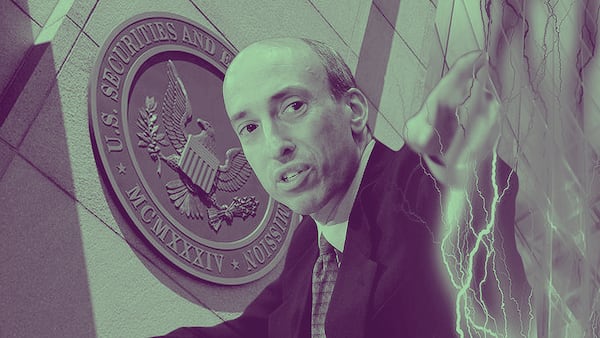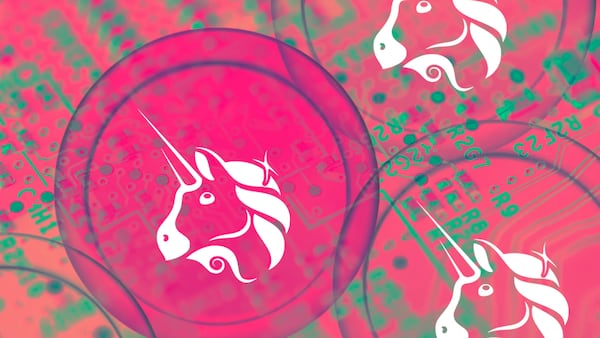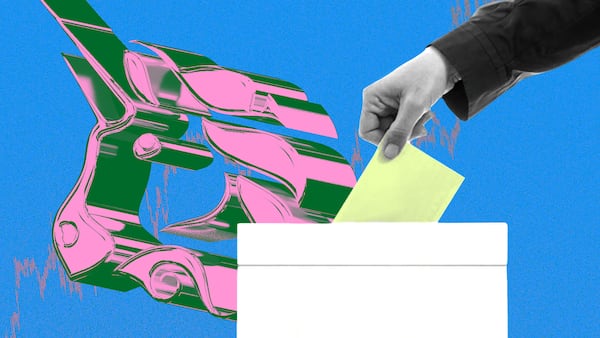- Uniswap Labs will release an Ethereum rollup before the end of the year.
- The rollup will rely on staked UNI tokens.
- UNI jumped more than 10% Thursday.
Uniswap’s UNI token rose 10% Thursday after parent company Uniswap Labs announced it would launch its own Ethereum-based blockchain, also known as a rollup.
Crucially, that blockchain, Unichain, will share its revenue with people who opt to lock up, or “stake,” their UNI tokens.
Uniswap was the seventh-largest protocol in decentralised finance Thursday, with almost $4.5 billion in user deposits, according to DefiLlama data. It has collected more than $3.8 billion in fees since its launch almost six years ago.
UNI is the protocol’s governance token, allowing holders limited control over its features and development. Almost 400,000 crypto wallets held UNI on Thursday, according to Etherscan.
UNI holders have long clamoured for a cut of Uniswap revenue.
Proponents of turning on Uniswap’s so-called fee switch have argued it would be a boon for UNI investors, by creating a way for them to share in the protocol’s success.
For years, proposals failed to advance, largely because of fears they would run afoul of US securities laws.
A recent proposal to activate the fee switch would have diverted a portion of Uniswap’s revenue to UNI holders who “delegated” their tokens for use in protocol governance. Delegation is when users loan the voting rights attached to their governance tokens, typically to subject matter experts.
In May, however, the Uniswap Foundation, a nonprofit tasked with supporting the Uniswap protocol, cancelled a planned vote on the fee switch on the day voting was set to begin.
Erin Koen, the foundation’s governance lead, said an unnamed stakeholder had raised an issue that required “additional due diligence on our end” but did not specify what that issue was.
The Uniswap Foundation has since been mum on the topic. Executive Director Devin Walsh did not immediately return DL News’ request for comment Thursday.
Like Ethereum itself, Unichain will rely on a distributed network of computers called “validators” to process transactions.
In order to serve as a validator, users will have to stake their UNI in exchange for rewards.
But staking won’t be a replacement for the fee switch, according to Uniswap delegates who spoke to DL News.
“Unichain is a positive step forward for Uniswap and the DeFi ecosystem,” Alice Corsini, a governance analyst at Uniswap delegate Karpatkey, said.
“While we’re still diving into its mechanics we see Unchain’s model as an effort focused on rewarding an active set of validators, while the fee switch discussion targeted the community at large.”
Atis Elsts, a researcher and Uniswap delegate, agreed.
“I’m happy to see that the UNI token finally gets some utility outside of governance itself,” Elsts said.
But it isn’t a replacement for the fee switch, he added.
“Unless the DAO votes for permanently disabling the fee switch on some deployments, that option will remain there forever, since blockchain contracts are immutable.”
Unichain went live on an Ethereum test network Thursday. A final version will be deployed to Ethereum’s main network before the end of the year, according to the Uniswap Foundation.
Aleks Gilbert is DL News’ New York-based DeFi correspondent. You can reach him at aleks@dlnews.com.






